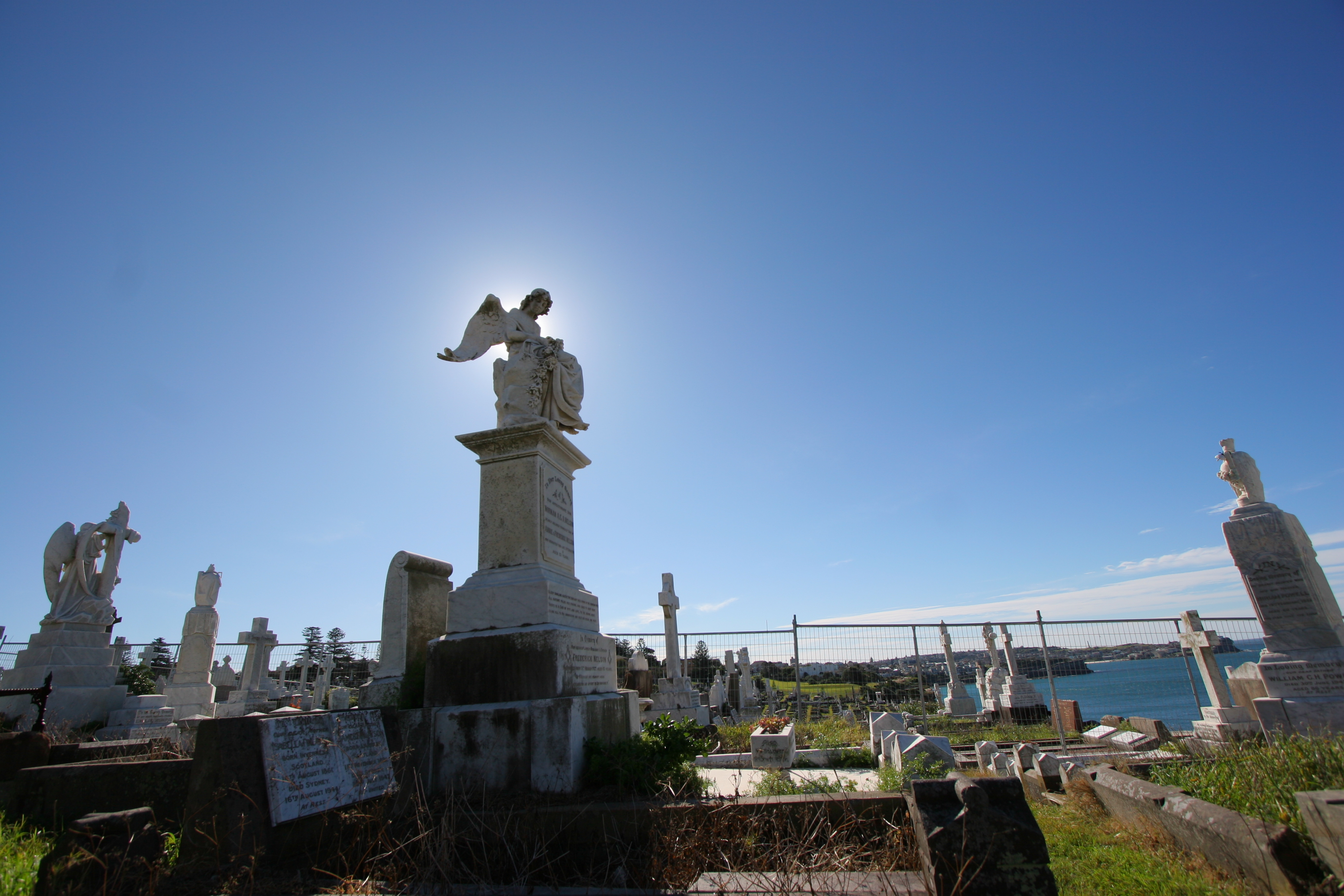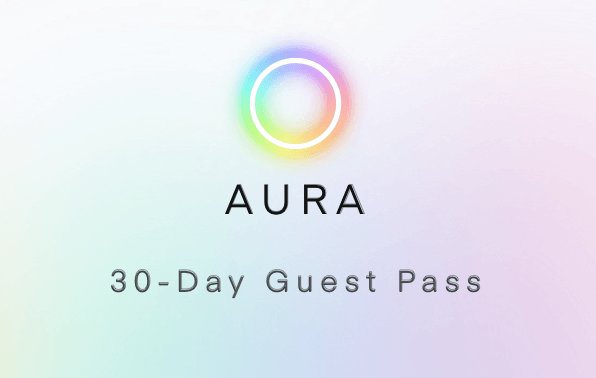How tightly do you hold on? Waiting for the next bad thing to happen. Waiting for the next good thing not to happen. Waiting for a door to be unlocked. Waiting for your breath to come.
The question is both incomplete and somewhat ambiguous. There are related questions of why and what and how and when.
‘What’ might be the best place to begin. We often regard the inseparable entities of sanity and reality as things to be held onto, to be gripped, and they are definitely part of this line of enquiry, but I wonder if it is not more relevant to look at the factors that have the greatest impact on our ability to perceive the world in and around us. Am I oversimplifying things to suggest that sanity is the perception of self and reality the perception of what is outside the self? They each inform the other in direct proportion to their individual functionality. The greater your grip on reality, the more likely your sanity is in good shape and vice versa.
The factors that affect that perception are more likely what we’re holding onto. Things like fear, anxiety, desire, anger and other derailing emotions. Not to mention the descriptors we can affix to the word ‘status’ – financial, social, parental, marital and any other defining term you can think of. We can also hold our breath, our tongues, our thoughts, the contents of our bowels and bladders, most of which are better off not being held onto for too long, if at all.
But we do hold on, don’t we. The why and when of holding on is about judgement and necessity. The how about disposition and viability. And sometimes we are probably making very sound decisions in the interests of self-preservation or even altruism. But I think there is a very large probability that the rest of the time we are merely indulging an illusion. The illusion of control. We think that holding on is a way to affect our progress, to get a better read of the way ahead, to assess the lie of the land when actually, it is a form of stasis. We tread water and mark time while life passes us by. At speed.
So, what’s the alternative to holding on? My three-and-a-half-year old daughter could tell you, as she sings the answer several times a week – ‘Let it go!‘ Letting go is all about facing fear. We hold on because we are afraid of falling. We are afraid it will hurt. We are afraid we will look foolish. And perhaps the greatest fear we have is that, once down, we won’t be able to get up again. And when I talk about falling down, I am also thinking of the people we hold onto, the ones we don’t want to let go of because they are our support, our crutches and we become blind to how much we depend on them. The sensation of losing them is the same as falling into darkness.
This is where faith comes in. I think of faith as choosing to believe in something for which there is no rational proof. The pioneering Danish existentialist philosopher Søren Aabye Kierkegaard (1813-1855), who directed much of his philosophical and theological energy towards the question of Christian faith, had a fancier way of understanding it. According to the Stanford University Encyclopaedia of Philosophy, Kierkegaard reasoned “if we choose faith we must suspend our reason in order to believe in something higher than reason. In fact we must believe by virtue of the absurd.”
Absurdity features a lot in the world of existentialism. In essence, it refers to the futility of trying to understand life when every single one of us is destined to die. Simply put, it is absurd to try to ascribe meaning to your existence when all you are doing is progressing steadily to an unpreventable demise. It’s like a lemming spending his life studying tomes such as Happy Homebuilding on Cliff Tops and Living High and Dry when ultimately, just like the rest of his buddies, nothing will stop him from leaping from the precipice and plummeting to his watery doom, crying all the way down “What was it all about anyway?”. Are understanding and meaning the same thing? It depends on how you interpret meaning. It can be explained either as definition or as intention. An existentialist might advise to not bother asking as neither is possible in relation to life. There’s a tacit fatalism that accompanies existentialism, then. And also a form of madness in trying to work it all out. Hence, absurd.
For Kierkegaard the question was not so much ‘what is it to exist?’ but more ‘what is it to believe?’ As alluded to above, the ‘believe’ of his question related to God and Christian faith but I think it can be applied just as well to a secular worldview. Even if you are someone who does not believe in a higher power, you probably put your faith in something. It may not have a name. It almost certainly won’t have an attached credo or a place of worship. But is probably there somewhere, lurking in your conscious or subconscious mind. Kierkegaard likened the act of believing in God to taking a leap into darkness. To believe is to hurl yourself into an abyss of oblivious blackness knowing that there is no possible way to know what is actually in the murk. Kierkegaard didn’t think faith was something happened upon or acquired over time; it was a conscious decision that meant the abandoning of logic and an embrace of a new state of being.
I don’t believe. Wait a second… Poof! Now I believe. That was easy!
Except it’s not easy, is it. No matter what you believe in, your faith can take a knocking. It can have the absolute hell beaten out of it. The older you get, the more likely that is to be the case. The fundamental difficulty, and absurdity, is that you have something conceptual – Faith – fighting something actual – Life. Faith does not want to be disturbed. It wants to snooze contentedly like a cat in a sunbeam. Faith is a stay-at-home pacifist who keeps getting asked to step outside by Life. And Life is a bareknuckle bruiser, grimly and brutally getting the job done. So, it’s a pretty one-sided affair. Now, unless you’re some sort of sadist (masochist really, because after all, it’s your faith we’re talking about), you’ll want Faith to hold their own and even win the odd exchange. But how to do it?
Go back to Kierkegaard. Faith is not passive, it’s active. Faith needs to be reheated, reinvigorated, renewed. It’s not just happened upon, it is consciously acknowledged. You look at the void and you say “Hi Faith, I know you are in there somewhere and I am going to use you now” and you get not one word in return. No guarantees. No pre-nuptial agreements. But into the darkness you leap. You jump. You walk. Dance. Run. Swim. Climb. Whatever. You do it, and you roll with it, because the alternative is to live in fear. The alternative is to live in the ‘what if?’ zone – what if this happens? What if that happens? What if I don’t do this? What if I don’t do that? At a certain point, you’ve got to let it go. You’ve got to press play.
My own faith has been challenged enormously over the last several years. That period includes, but is not exclusive to, the experience of becoming a parent, although I think my anticipation of those particular challenges has served me quite well. Other areas have been far less successful. Some of my most important relationships have been put through the wringer and have still not recovered. There are unanswered questions that I may have to accept will never be answered. There are changes that may be irrevocable. Deeper questions of identity, purpose, utility, all establishing themselves with ever greater imposition on my gradually dissolving certitude. And yet…
And yet I strive to not succumb to defeat. And that can be enough. I don’t necessarily need or want triumph. But if I can hang a thread of hope on something, on anything, it is that I still want to learn what life has to teach me. To borrow a concept from Zen Buddhism that we sometimes use in karate, I think the way forward has something to do with shoshin, also known as ‘beginner’s mind’. This involves embracing the humility of the uninitiated and seeking to retain that innocence and openness to what is being taught by quieting preconceived notions so we are better able to absorb fundamental truths. The Zen Buddhist Shunryu Suzuki expressed it very succinctly thus: “In the beginner’s mind there are many possibilities. In the expert’s mind, there are very few.”
So I think that is where my aspirations of faith currently reside. I counsel myself to be humble. To be open. And to be reassured that even though there are endless things beyond my control, that doesn’t mean all will end badly. I may even learn to be better at this thing called life.
I will leave you with a prayer of sorts. It is actually a poem with which I have been familiar for almost forty years as it hung on the walls of my childhood homes. It was a gift to my parents on the birth of my younger brother, whose name is mentioned in the verse. It was framed with an accompanying picture which depicted the dangers that could potentially harm the child of the title.
God keep my jewel this day from danger;
From tinker and pooka and black-hearted stranger.
From harm of the water, from hurt of the fire.
From the horns of the cows going home to the byre.
From teasing the ass when he’s tied to the manger.
From stones that would bruise, from thorns of the briar.
From red evil berries that waken desire.
From hunting the gander and vexing the goat.
From the depths o’ sea water by Danny’s old boat.
From cut and from tumble, from sickness and weeping;
May God have my jewel this day in His keeping.
Prayer for a Little Child by Winifred M. Letts




What a thought provoking piece Dara. It resonated with me very much.
Libby
>
A very thoughtful post. Like you, I guess, I have turned Faith into all directions to figure out if it is a delusional concept or inductive passage to a higher truth that would clarify it all. In your language, I might describe myself as a casualty: I have ended at the very bottom of the hill. From believing in God, I have become the opposite: for me, there is no intelligent power out there. Just unconscious physics. But there is nothing fatalistic in that. It allows me to enjoy life for what it is, not what I would like it to be. I no longer need to pray to open my eyes and can work on losing the filters of desire and attachment to find clarity of experience. But unlike some atheists (which I don’t consider myself), I have the deepest respect for the culture of Faith. We can all chose our own reality.
Care to see proof that God exists? If so, shoot me an e-mail.